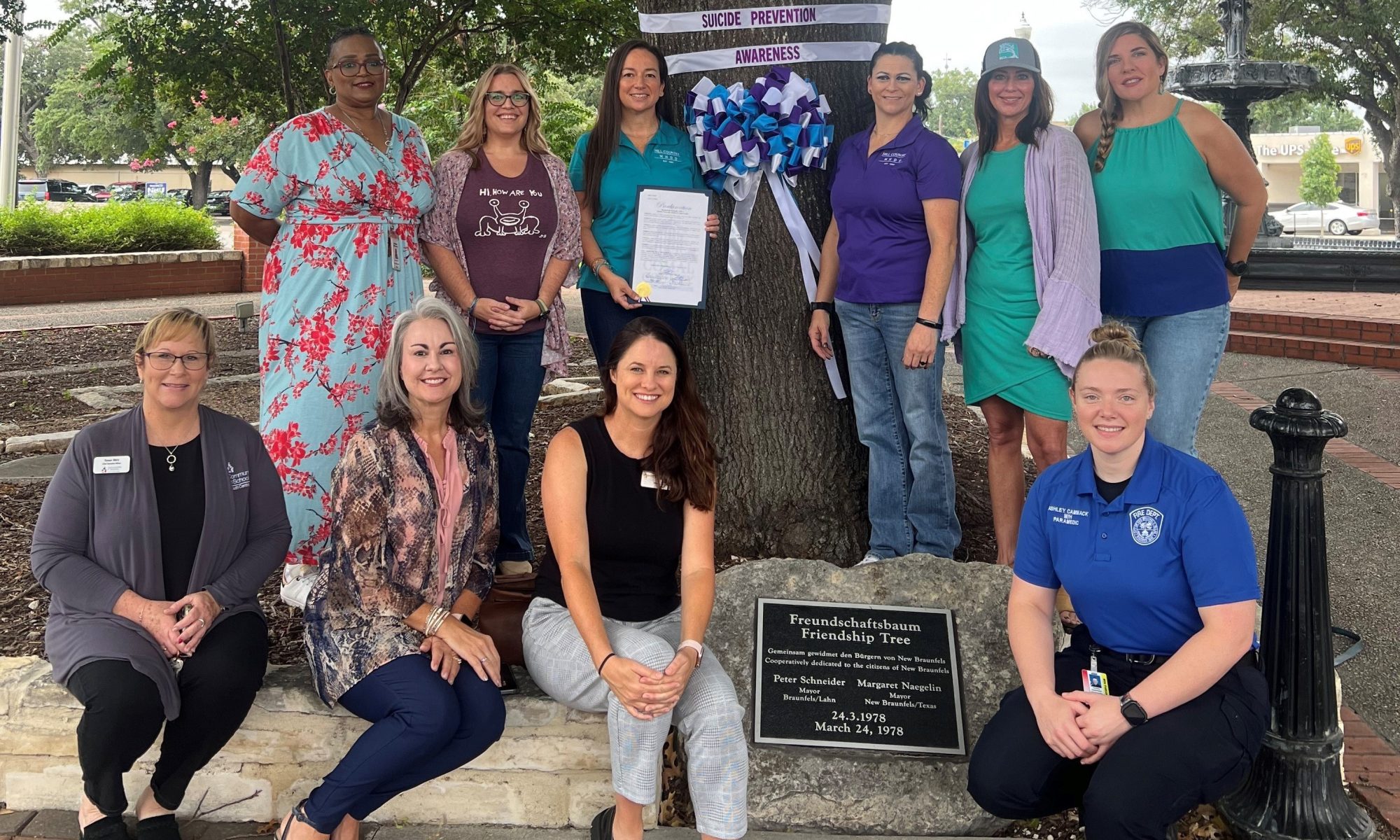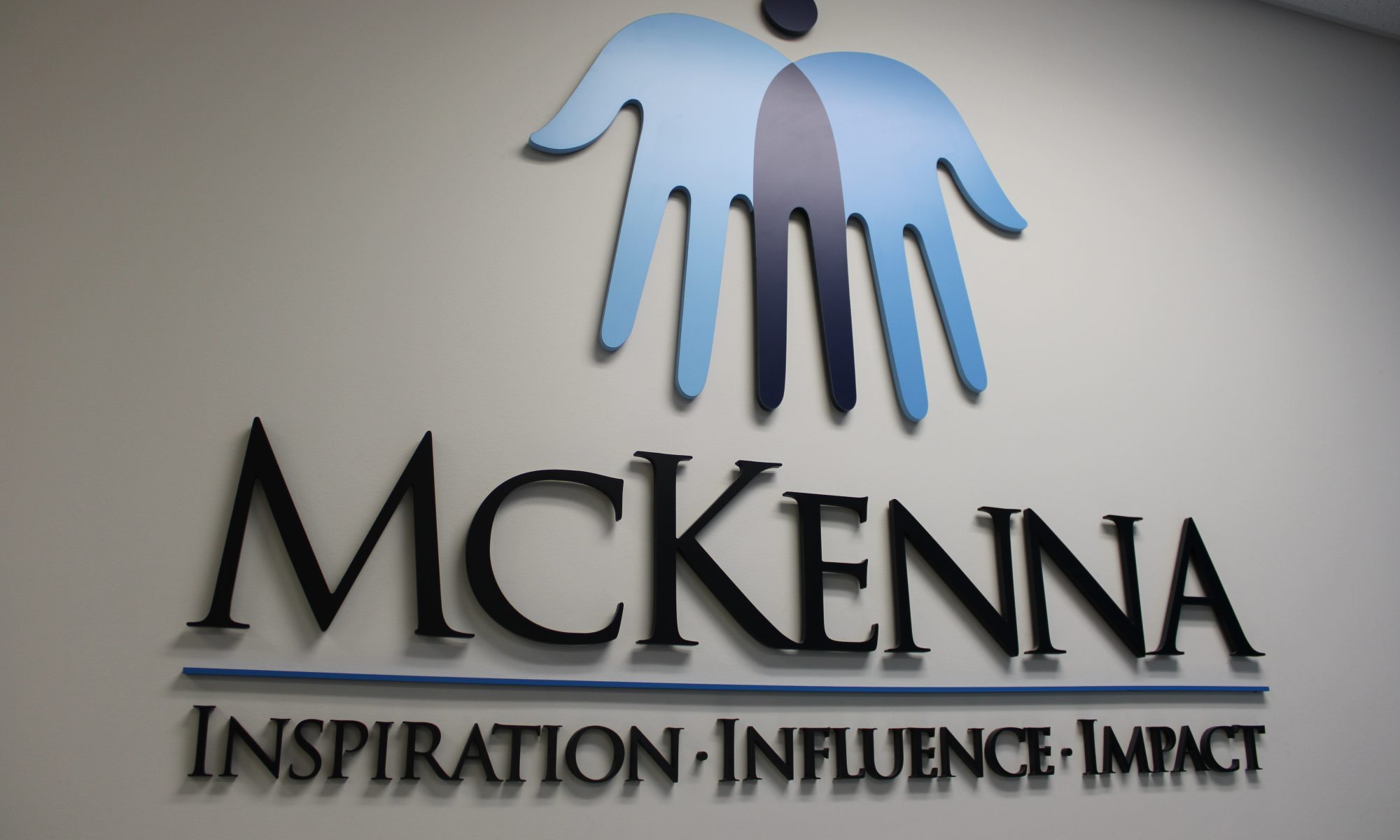In the leadup to Wurstfest, the Sally M. Kingsbury Sarcoma Research (SMKSR) Foundation is preparing for its first-ever Wurst Bingo fundraising event to support sarcoma research.
The SMKSR Foundation will host the Wurst Bingo fundraiser on October 16, 2024. This fun, family-friendly evening will provide attendees with the chance to enjoy music from the Lederhosen Junkies, participate in a silent auction, win cash prizes, and compete in a Masskrugstemmen contest.
The event will also feature special celebrity guests announcing the bingo numbers including New Braunfels Mayor Neal Linnartz, 2024 Wursfest President Sherman Krause, and more. Jason Hurta will be the MC for the evening.
The silent auction will feature items such as golf packages, Das Rec passes, Wurstfest packages, Yeti and Shiner Bock products, and more.
Get your tickets here.
Since its inception 17 years ago, The SMKSR Foundation has donated over $500,000 to sarcoma cancer research institutions, such as the Torres Laboratory at the MD Anderson Cancer Center in Houston. The Foundation primarily raised these funds through its annual knock-out rose sale. However, this year, the SMKSR Foundation is excited to turn the page and start a new chapter of fundraising.
“I was thinking, this would be a great event. Everyone is getting excited for Wurstfest, people are dressing up,” said SMKSR board member Cesar Castilleja. “I figured that this is an event that we could pull off, to start up the next chapter of fundraising. That’s just where it all evolved. We have had a lot of excitement for it on all ends.”
The event offers a top sponsor package which includes a front table for up to eight guests, two bingo cards per person for each game, one dauber per person, a swag item, plus a bier and bratwurst.
VIP and reserved seating packages are also available. The VIP package provides a reserved table for eight, one bingo card per person for each game, and a bier and brat. The reserved seating sponsorship includes a first-come, first-seated at a reserved table, one bingo card per game, and of course, a bier and brat.
By sponsoring or participating in this event, you will further the SMKSR Foundation’s mission to raise funds for sarcoma cancer research.
The SMKSR Foundation was founded in memory of Sally M. Kingsbury; a beloved mother, wife, daughter, sister, and teacher, who was a pillar in the New Braunfels community. Diagnosed with soft tissue sarcoma at the age of 51, Sally faced her illness with dignity and courage but lost the fight to sarcoma cancer on December 16, 2005.
It was her wish that the search for a sarcoma cure would persist beyond her lifetime. By supporting this event and the SMKSR Foundation, you help realize that wish.
The SMKSR Foundation invites you to join the battle, in Sally’s memory, against sarcoma cancer at the Wurst Bingo fundraiser at Krause’s Cafe on October 16, from 6:00 pm to 9:00 pm. German attire is highly recommended.
“It’s just like having an appetizer at a dinner party. You have your little Wurstfest appetizer and then you’re ready!” said Foundation board member Jan Kingsbury.


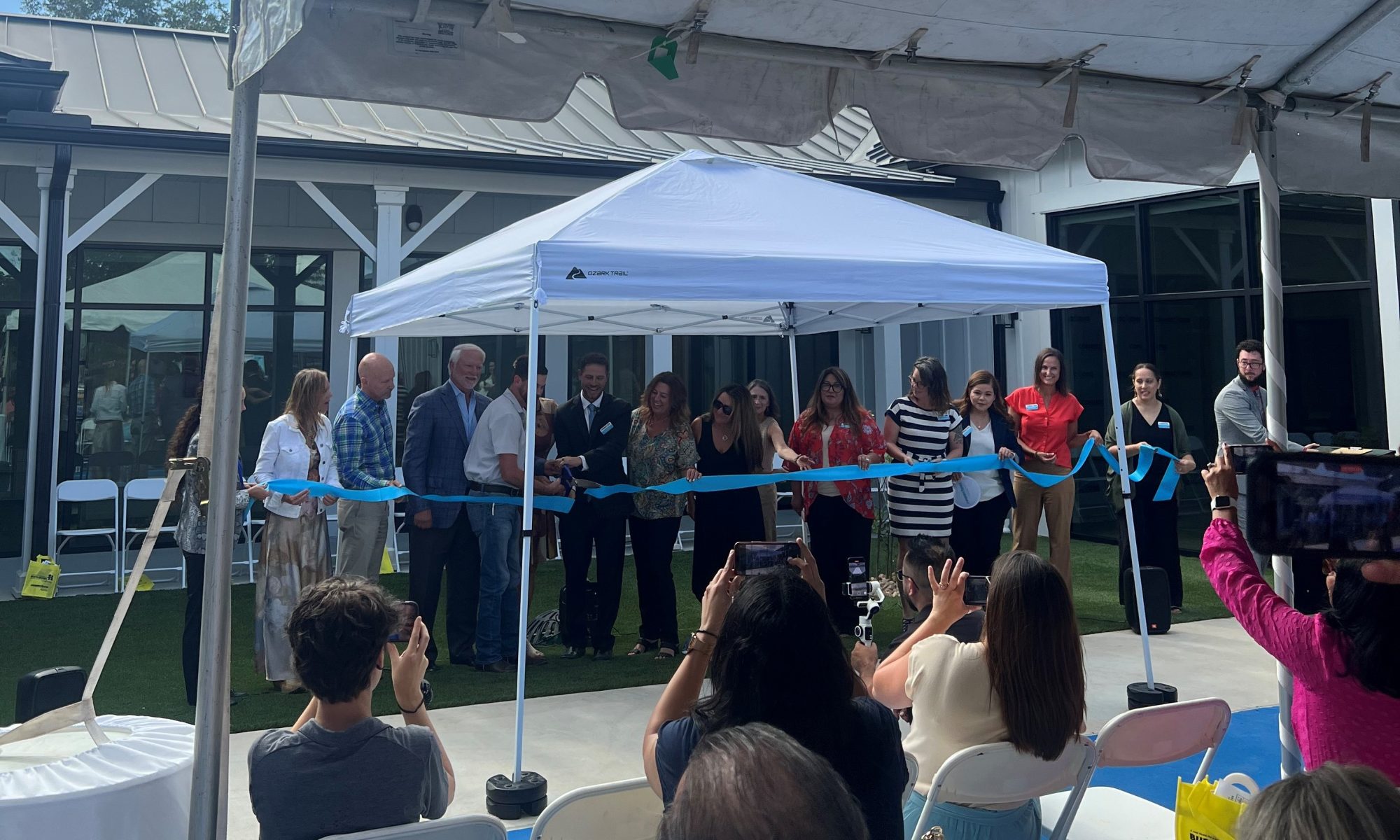
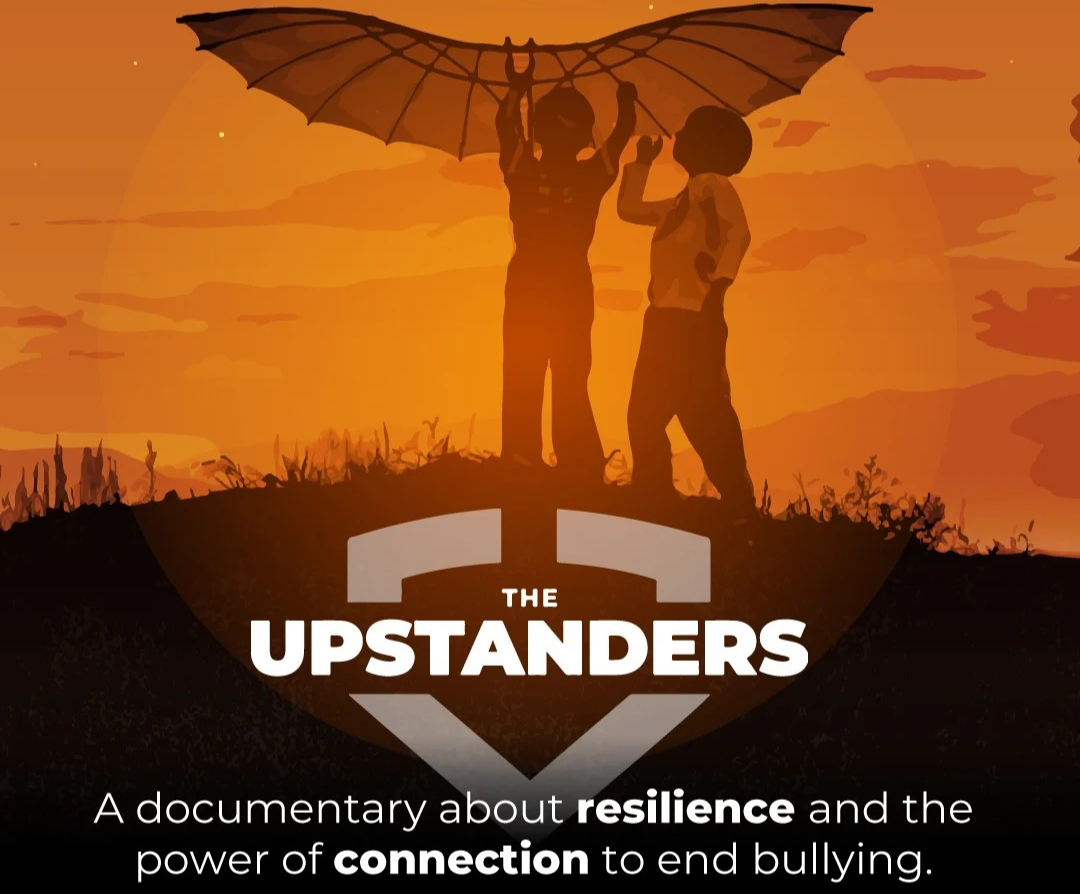

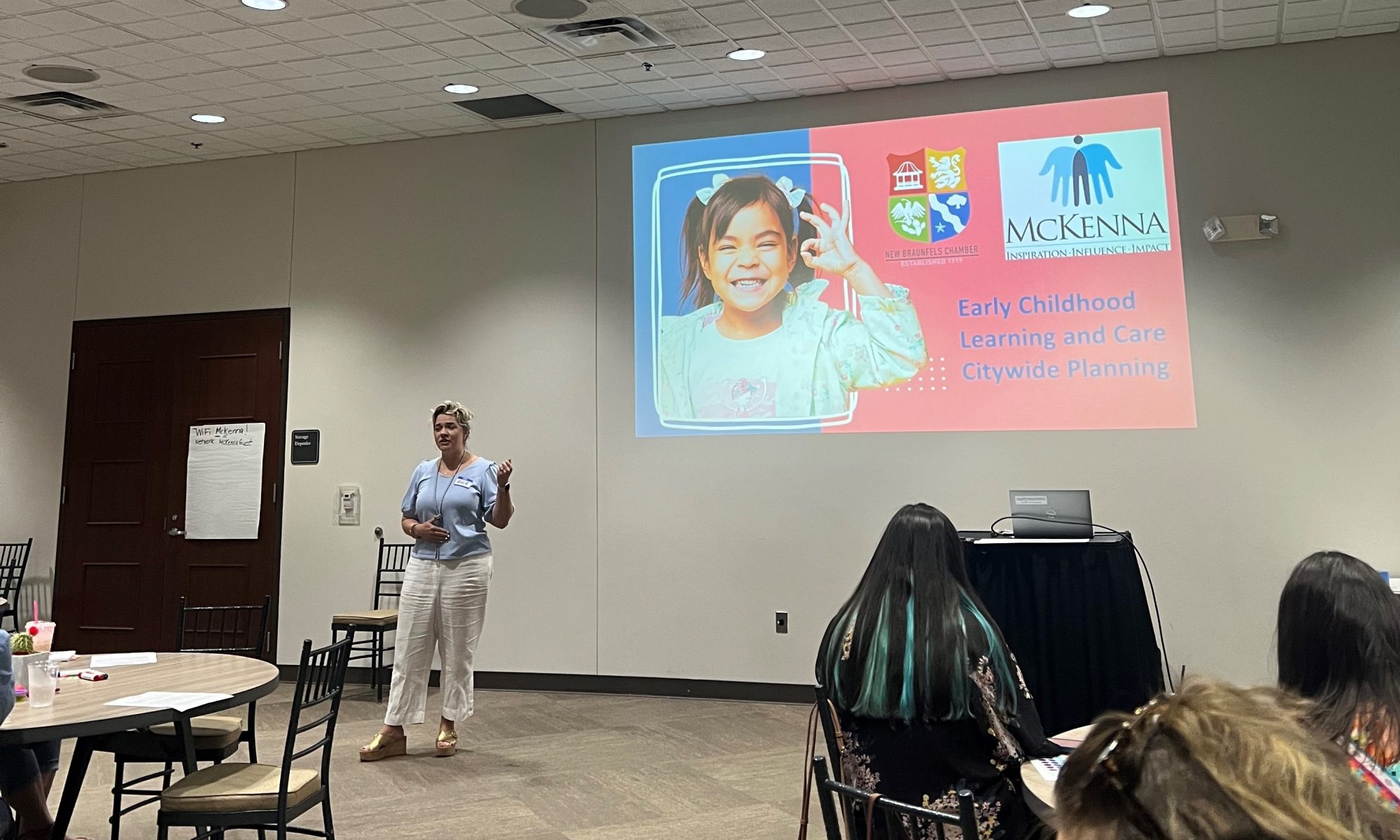
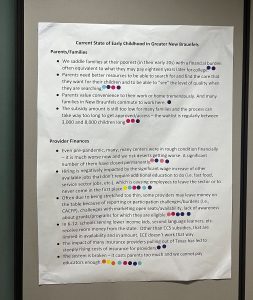
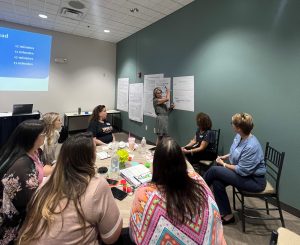 Local providers further shared their worries about the increasing complexity of regulations, mandates, and certification demands. “The regulations that they have make it nearly impossible to take care of a child,” stated one local provider. Another added that we “need to find a way to regulate it without squeezing our necks.”
Local providers further shared their worries about the increasing complexity of regulations, mandates, and certification demands. “The regulations that they have make it nearly impossible to take care of a child,” stated one local provider. Another added that we “need to find a way to regulate it without squeezing our necks.”